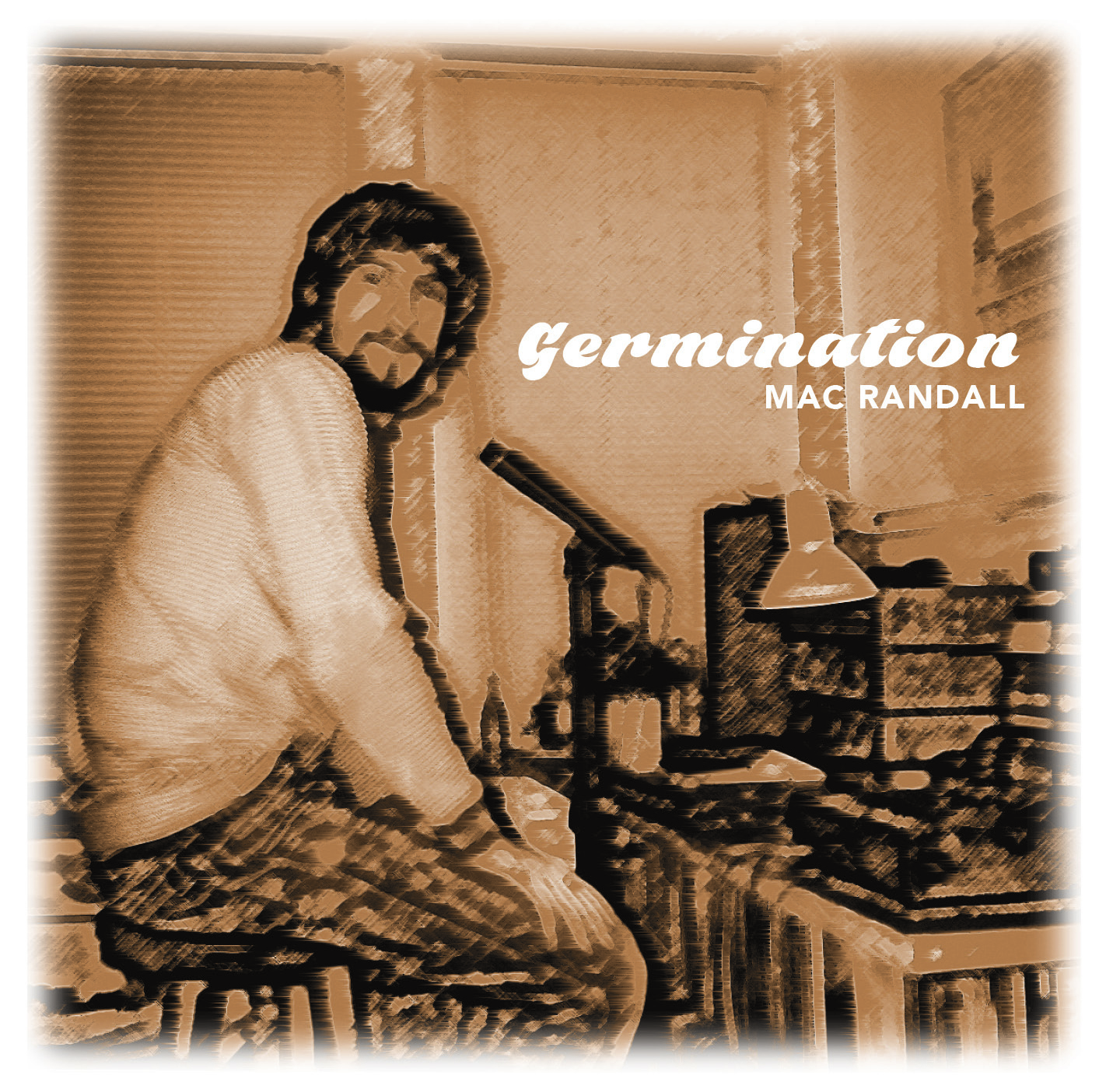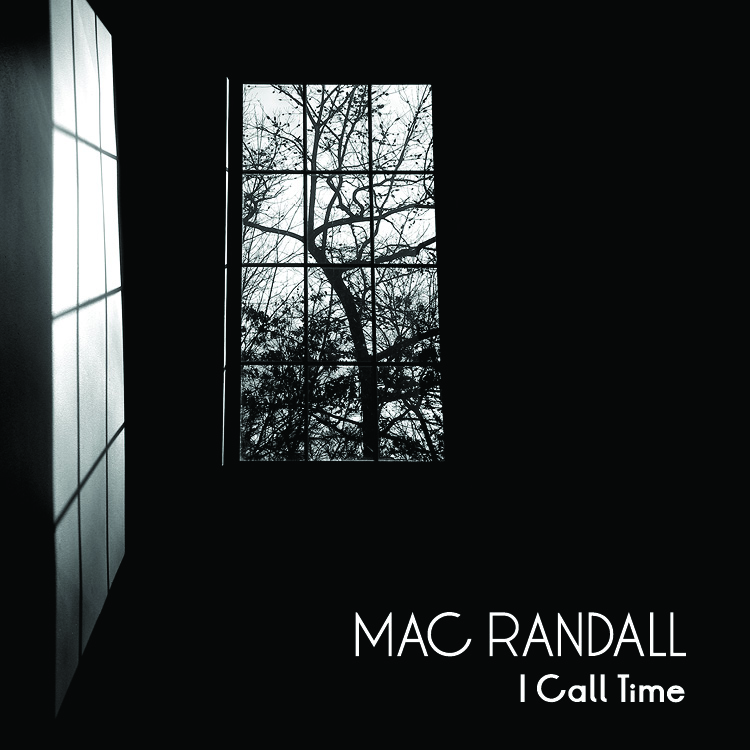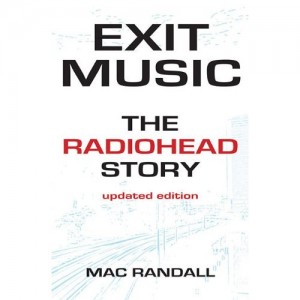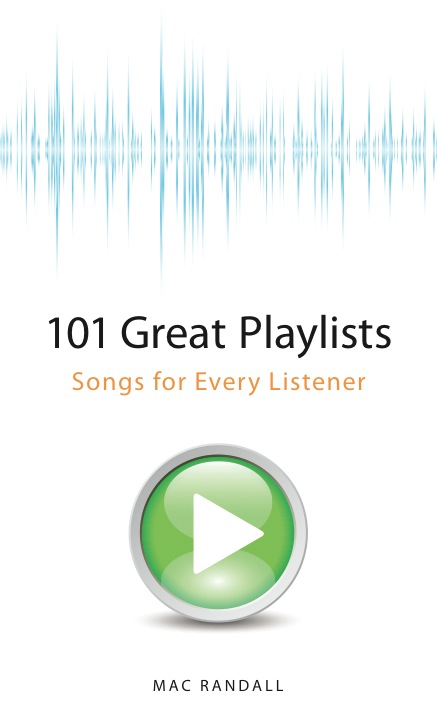My 2013 book report (Part 4)
In the first three parts of this series, I focused on recent popular music-related autobiographies: Pete Townshend and Rod Stewart in Part 1, Peter Hook and Bill Bruford in Part 2, Bob Mould and Tracey Thorn in Part 3. The final two books on my 2013 reading list are a bit different, as they don’t consist completely of first-person narrative. All the same, autobiography is at the core of both.
 Will Hermes, Love Goes to Buildings on Fire (Faber and Faber) — 1970s New York gets a bad rap. Sure, the whole town was falling apart, and you might not have wanted to raise your kids there. But as this book shows, it was an incredible place and time for making music. Hermes picks five consecutive years—1973 to 1977—and recounts, in roughly chronological order, the major and minor musical events that occurred in NYC. We’re not just talking about glam rock and punk here, or the birth of modern hip-hop and DJ culture. Love Goes to Buildings on Fire also takes in the burgeoning salsa scene, the rise of loft jazz, and the continuing development of minimalism in the work of La Monte Young, Steve Reich, and Philip Glass. Unbound by genre considerations, Hermes soars over the city to find his next significant moment and then, once he’s pinpointed it, swoops down to observe it up close, transforming himself from keen-eyed hawk to cockroach on the wall. Every so often, he finds his way into the story in his historically correct guise as a Queens teenager, giving the book a welcome personal touch. The spatial and temporal proximity of so many seemingly unrelated events is a constant surprise. To pick only one example, I was amused to read about the ultra-brief life of the CBGB Theater (formerly the Anderson Theater) at 66 Second Avenue, which presented a total of five concerts in the final week of ’77; performers for those shows included Talking Heads, the Dead Boys, the Dictators, Richard Hell and the Voidoids, and the Patti Smith Group with special guest Bruce Springsteen. I was even more tickled to find out that the last night of that theater’s existence was the same night that Chic’s Nile Rodgers and Bernard Edwards were mistakenly turned away from Studio 54 a few miles uptown—a snub that led to the creation of “Le Freak.” All this detail with no central thrust other than “Isn’t it amazing?” can become too much, and about midway through, I had to put the book down for a while. But once I came back to it refreshed, I was pulled right back in. As a piece of reporting alone, Love Goes to Buildings on Fire is a major achievement. It’s also a loving homage to an undersung era, and a needed reminder of how important that era was.
Will Hermes, Love Goes to Buildings on Fire (Faber and Faber) — 1970s New York gets a bad rap. Sure, the whole town was falling apart, and you might not have wanted to raise your kids there. But as this book shows, it was an incredible place and time for making music. Hermes picks five consecutive years—1973 to 1977—and recounts, in roughly chronological order, the major and minor musical events that occurred in NYC. We’re not just talking about glam rock and punk here, or the birth of modern hip-hop and DJ culture. Love Goes to Buildings on Fire also takes in the burgeoning salsa scene, the rise of loft jazz, and the continuing development of minimalism in the work of La Monte Young, Steve Reich, and Philip Glass. Unbound by genre considerations, Hermes soars over the city to find his next significant moment and then, once he’s pinpointed it, swoops down to observe it up close, transforming himself from keen-eyed hawk to cockroach on the wall. Every so often, he finds his way into the story in his historically correct guise as a Queens teenager, giving the book a welcome personal touch. The spatial and temporal proximity of so many seemingly unrelated events is a constant surprise. To pick only one example, I was amused to read about the ultra-brief life of the CBGB Theater (formerly the Anderson Theater) at 66 Second Avenue, which presented a total of five concerts in the final week of ’77; performers for those shows included Talking Heads, the Dead Boys, the Dictators, Richard Hell and the Voidoids, and the Patti Smith Group with special guest Bruce Springsteen. I was even more tickled to find out that the last night of that theater’s existence was the same night that Chic’s Nile Rodgers and Bernard Edwards were mistakenly turned away from Studio 54 a few miles uptown—a snub that led to the creation of “Le Freak.” All this detail with no central thrust other than “Isn’t it amazing?” can become too much, and about midway through, I had to put the book down for a while. But once I came back to it refreshed, I was pulled right back in. As a piece of reporting alone, Love Goes to Buildings on Fire is a major achievement. It’s also a loving homage to an undersung era, and a needed reminder of how important that era was.
 Marc Weingarten and Tyson Cornell (eds.), Yes Is the Answer and Other Prog Rock Tales (Barnacle Rare Bird) — You wanna talk about bad raps? How about progressive rock? Born out of a few musicians’ desire to challenge themselves and their audiences in the wake of Sgt. Pepper, “prog” has since become a synonym for all that is pompous and bloated. But not to everyone. Fact is, a lot of people liked prog rock, and many—including me—still do. This book gathers 20 essays by folks who count themselves among the pro-proggers, more or less. Several authors are well known, either as writers or as musicians or both. Rick Moody contributes an hilarious piece called “Defending the Indefensible,” and by indefensible he means Emerson, Lake and Palmer. Wesley Stace (a.k.a. John Wesley Harding) celebrates the delightful strain of prog that evolved around Canterbury, England, while Peter Case provides an informed appreciation of the Incredible String Band. The love of prog is clearly rooted in youth for many of these authors. A lot of the essays veer into memoir territory, and a little cloud of embarrassment seems to hang over a few. That embarrassment’s understandable but irritating nonetheless; it reads too much like apology, and I believe that loving prog means never having to say you’re sorry. One selection that’s entirely unapologetic, I’m happy to say, is Tom Junod’s “Out, Angels Out.” It’s a gripping tale of drug use, violence, romance, and Peter Gabriel that I won’t even attempt to summarize here, except to say that Junod captures what makes Gabriel great better than any writer I’ve read. A truly magnificent essay, and the highlight of a fine collection.
Marc Weingarten and Tyson Cornell (eds.), Yes Is the Answer and Other Prog Rock Tales (Barnacle Rare Bird) — You wanna talk about bad raps? How about progressive rock? Born out of a few musicians’ desire to challenge themselves and their audiences in the wake of Sgt. Pepper, “prog” has since become a synonym for all that is pompous and bloated. But not to everyone. Fact is, a lot of people liked prog rock, and many—including me—still do. This book gathers 20 essays by folks who count themselves among the pro-proggers, more or less. Several authors are well known, either as writers or as musicians or both. Rick Moody contributes an hilarious piece called “Defending the Indefensible,” and by indefensible he means Emerson, Lake and Palmer. Wesley Stace (a.k.a. John Wesley Harding) celebrates the delightful strain of prog that evolved around Canterbury, England, while Peter Case provides an informed appreciation of the Incredible String Band. The love of prog is clearly rooted in youth for many of these authors. A lot of the essays veer into memoir territory, and a little cloud of embarrassment seems to hang over a few. That embarrassment’s understandable but irritating nonetheless; it reads too much like apology, and I believe that loving prog means never having to say you’re sorry. One selection that’s entirely unapologetic, I’m happy to say, is Tom Junod’s “Out, Angels Out.” It’s a gripping tale of drug use, violence, romance, and Peter Gabriel that I won’t even attempt to summarize here, except to say that Junod captures what makes Gabriel great better than any writer I’ve read. A truly magnificent essay, and the highlight of a fine collection.
At this point, we’ve covered all the music books I’ve cracked in the last 12 months, save for Allan Brown’s Nileism: The Strange Course of the Blue Nile, to which I’ve already devoted an entire blog post. But by no means is this the end of my rock reading program. Still on the immediate agenda: Questlove’s Mo’ Meta Blues, John Taylor’s In the Pleasure Groove, Donald Fagen’s Eminent Hipsters, and Morrissey’s Autobiography (maybe in a double feature with Tony Fletcher’s A Light that Never Goes Out). Consider the preceding 2,500 words or so a mere interim report.






